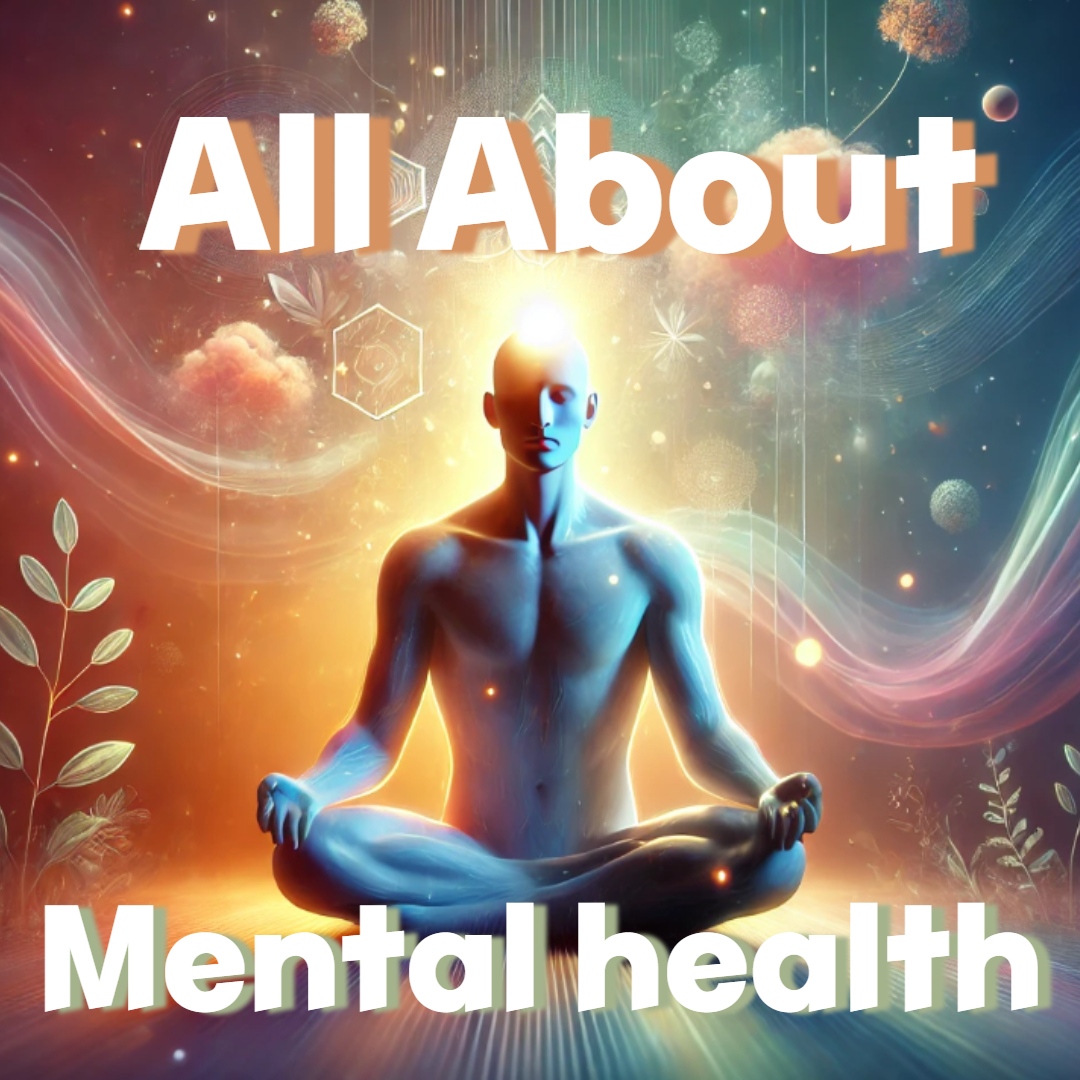Music has been an integral part of human culture for millennia, offering a unique blend of entertainment, communication, and emotional release. Among its many benefits, music has been scientifically proven to reduce stress and anxiety, acting as a natural remedy for mental well-being. This blog explores the profound connection between music and stress relief, supported by data, research, and practical applications.
The Science Behind Music and Stress Reduction
Music impacts the brain in several ways, primarily through its influence on neurotransmitters like dopamine and serotonin. Research in neuroscience has shown that listening to certain types of music can activate the brain’s reward system, releasing chemicals that promote feelings of pleasure and relaxation.
How does listening to music reduce stress scientifically? Music can slow the heart rate, lower blood pressure, and reduce cortisol levels—the primary hormone associated with stress. This physiological response is particularly evident when individuals listen to calming genres, such as classical or instrumental pieces. Moreover, engaging in music therapy sessions has shown a marked reduction in anxiety and depressive symptoms.
Music and Stress Research: Key Findings
Numerous studies support the effectiveness of music as a tool for managing stress and anxiety. Here are some notable findings:
| Study | Findings |
|---|---|
| Harvard Health Study (2020) | Participants who listened to relaxing music daily reported a 25% reduction in anxiety symptoms. |
| Journal of Music Therapy (2018) | Music therapy decreased cortisol levels by 35% in patients undergoing medical treatment. |
| American Psychological Association (2021) | Listening to music before bed improved sleep quality and reduced stress levels by 40%. |
These findings illustrate the tangible benefits of integrating music into daily routines for stress management.
Practical Applications: How to Use Music for Stress Relief
- Relaxing Music to Relieve Stress, Anxiety, and Depression Listening to playlists designed for relaxation can be incredibly effective. Tracks featuring slow tempos and soothing melodies can create a calming environment, perfect for meditation or unwinding after a long day.
- Music Therapy and Stress Reduction Research PDF Resources Many organizations provide downloadable guides and research PDFs that detail music therapy techniques. These resources are invaluable for individuals seeking structured approaches to using music for mental health.
- Engaging in Active Music Making Playing an instrument or singing engages both cognitive and emotional processes, offering a more immersive way to reduce stress. This active participation enhances the therapeutic effects of music.
- Personalized Playlists Curating playlists that align with personal preferences can amplify the stress-relieving effects. Whether it’s jazz, ambient music, or nature-inspired soundscapes, finding what works for you is key.
Music Relieves Stress Statistics: Insights into Its Impact
| Aspect | Percentage Impact |
| Reduction in Cortisol | 35% |
| Improvement in Mood | 50% |
| Sleep Quality Enhancement | 40% |
| Anxiety Reduction in Patients | 25% |
These statistics underscore the universal benefits of music, transcending age, culture, and personal preferences.

Frequently Asked Questions
1. How does music reduce anxiety and depression?
Music influences brain chemicals like dopamine and serotonin, which play a crucial role in mood regulation. Listening to uplifting or relaxing music can alleviate symptoms of anxiety and depression by creating a sense of calm and emotional connection.
2. Can music therapy replace traditional treatments for stress and anxiety?
While music therapy is highly effective, it is generally recommended as a complementary approach alongside traditional treatments like counseling or medication. Always consult a healthcare professional for personalized advice.
3. How does listening to music reduce stress scientifically?
Scientific studies have shown that music lowers cortisol levels, reduces heart rate, and promotes relaxation by activating the brain’s parasympathetic nervous system.
4. Which of the following helps to reduce stress?
Listening to calming music, practicing mindfulness, engaging in physical activity, and maintaining a healthy diet are all effective ways to manage stress.
5. Where can I find music therapy and stress reduction research PDFs?
Resources can be accessed from reputable organizations like the American Music Therapy Association (AMTA) and various academic journals specializing in music and mental health.
6. What is the best type of music to relieve stress?
Genres like classical, instrumental, and ambient music are particularly effective in reducing stress. However, personal preferences should guide your choices.

